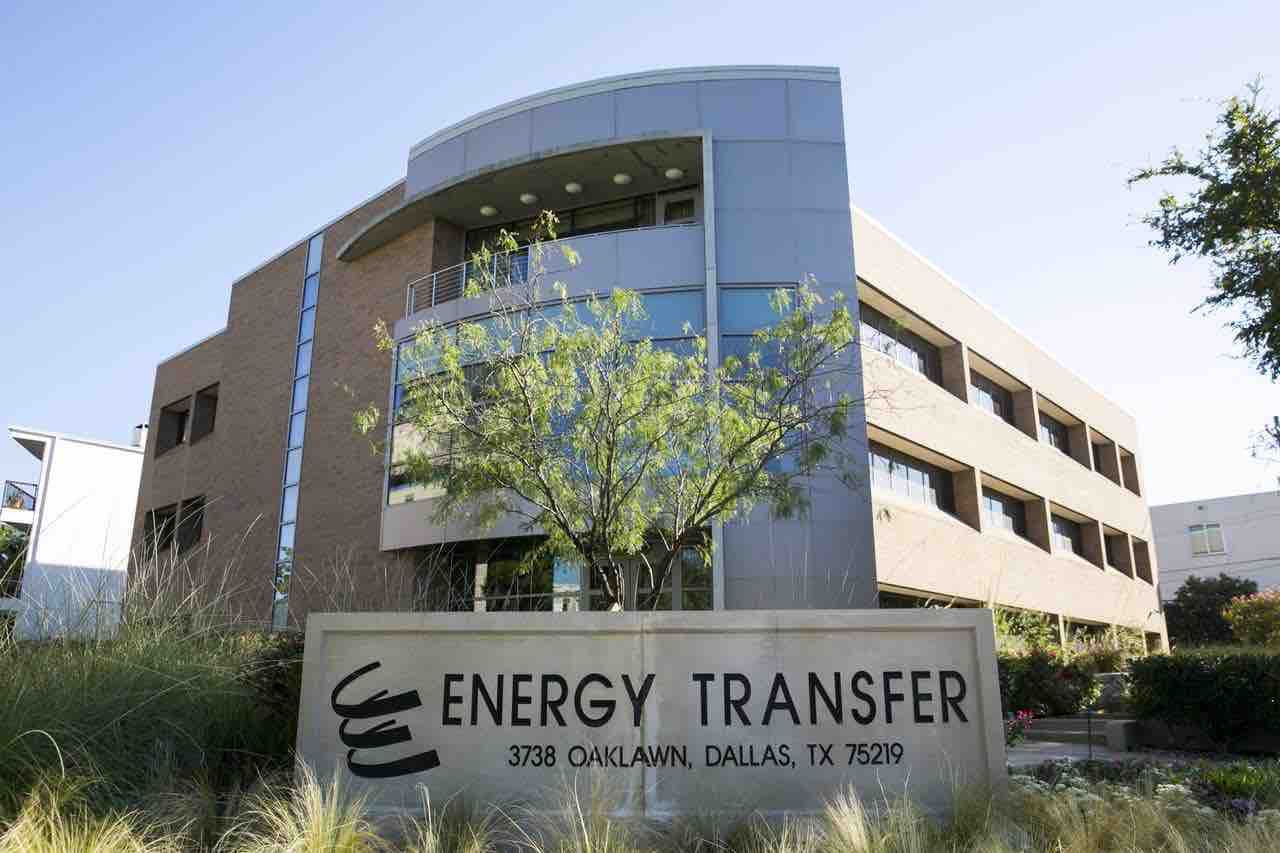Company Asks Judge to Reject Tribal Plea on Oil Pipeline

BISMARCK, N.D. (AP) — The company building the Dakota Access pipeline has asked a federal judge to reject the latest attempt by two American Indian tribes to halt the project, with oil likely to begin flowing early next week.
Texas-based Energy Transfer Partners argues in court documents filed Monday that it has endured enough delays and that the Standing Rock and Cheyenne River Sioux tribes are employing “a last-gasp litigation tactic.”
The tribes have appealed a decision by U.S. District Judge James Boasberg to not stop construction of the pipeline’s final segment under Lake Oahe, a Missouri River reservoir in North Dakota from which they get their water. They’ve asked Boasberg to head off the imminent flow of oil through the four-state pipeline until the appeal is resolved.
The tribes maintain that an oil pipeline under the lake they consider sacred violates their right to practice their religion.
In its response, ETP argues that the tribes’ religion-based argument is flawed and that they introduced it too late in the legal process.
“The tribe fails to explain how the added ‘burden’ of a pipeline that crosses this part of the Missouri River could itself produce irreparable harm to the purity of Lake Oahe’s waters when so many other oil pipelines, gas pipelines, refineries, power lines, railroad tracks and other man-made intrusions have burdened the same waters for so long,” company attorney William Scherman wrote.
The tribes initially sued over the project last summer, arguing that it threatens cultural sites and their water supply. Those claims are not yet resolved. The tribes added the religion argument last month.
In his decision last week, Boasberg said the tribes didn’t raise the religion argument in a timely fashion and he questioned its merits. The tribes are appealing his reasoning to the U.S. Court of Appeals for the District of Columbia Circuit and say that if oil flows before the appeal is resolved, they will lose any chance to defend their free exercise of religion.
In court documents, ETP said the hole under the lake is nearly finished, and crews anticipate pulling pipe through this week and doing final testing.
“As a result, Dakota Access projects that oil may be introduced in this part of the line between Monday, March 20, 2017 and Wednesday, March 22, 2017, depending on the success of the testing,” Scherman wrote.
The pipeline will carry North Dakota oil through South Dakota and Iowa to a shipping point in Illinois, 1,200 miles away.
Related News
Related News

- Trump Aims to Revive 1,200-Mile Keystone XL Pipeline Despite Major Challenges
- Valero Considers All Options, Including Sale, for California Refineries Amid Regulatory Pressure
- ConocoPhillips Eyes Sale of $1 Billion Permian Assets Amid Marathon Acquisition
- ONEOK Agrees to Sell Interstate Gas Pipelines to DT Midstream for $1.2 Billion
- Energy Transfer Reaches FID on $2.7 Billion, 2.2 Bcf/d Permian Pipeline
- U.S. LNG Export Growth Faces Uncertainty as Trump’s Tariff Proposal Looms, Analysts Say
- Tullow Oil on Track to Deliver $600 Million Free Cash Flow Over Next 2 Years
- Energy Transfer Reaches FID on $2.7 Billion, 2.2 Bcf/d Permian Pipeline
- GOP Lawmakers Slam New York for Blocking $500 Million Pipeline Project
- Texas Oil Company Challenges $250 Million Insurance Collateral Demand for Pipeline, Offshore Operations




Comments